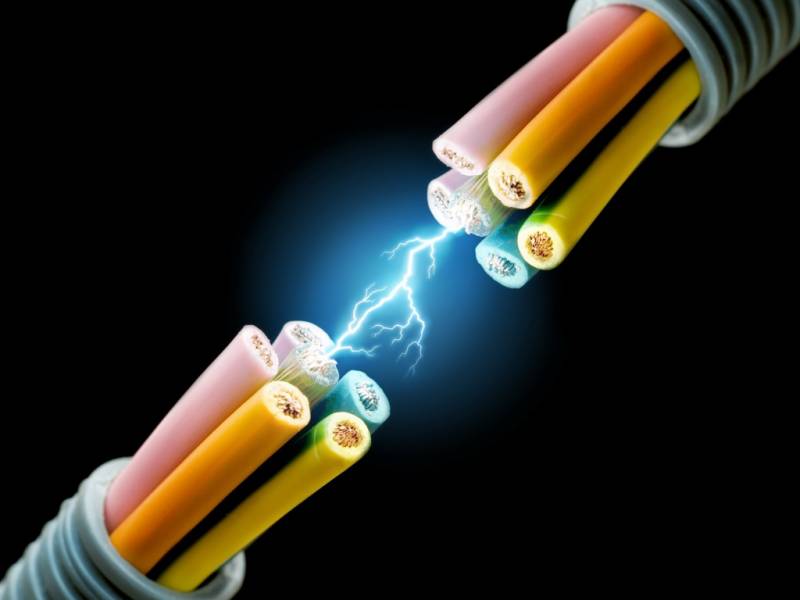Islamabad- Load shedding across the country is unlikely to end by year 2020, the State of Industry report released by the National Electric Power Regulatory Authority (NEPRA) revealed today.
According to the report, the country will face a shortfall of 1200 megawatts in 2020, an estimate that has come in spite of repeated claims by the government of successfully countering the power shortage, by the end of the decade.
The report divulged that load shedding remained a major issue, despite the government’s payment of Rs480 billion to independent power producers, generation companies and fuel suppliers to pay off circular debt. K-Electric will face a power shortage of 1132 megawatts in 2016, the report adds. It further discloses that NEPRA has advised against burdening consumers with a hefty Rs136bn to pay off loans.
The average duration of load shedding remained two to 18 hours per day last year, the report said. However, it added that the average duration of power outage in Bahria Town was recorded, as just one hour per day.
While claiming that the country's power sector has had to face immense challenges, the report said that NEPRA had fined K-Electric and other power distributors on over-billing, and that power distributors had failed to curb electricity theft and improve the billing system.
NEPRA demanded in the report that industries should soon be permitted to directly sell electricity. It further said that NEPRA advocated the steps being taken by the government, for the production of cheap electricity.
The report further said that NEPRA had taken steps regarding K-Electric’s tariffs but the Sindh High Court (SHC) had issued a stay order against the decisions. The Council of Common Interest (CCI) had approved a reduction of 300 megawatts in the provision of electricity to K-Electric, but the company had requested the SHC to issue a stay order against CCI’s decision.
The report moreover said that courts have banned the equalization surcharge imposed by the government on electricity bills. It further claimed that while NEPRA had to face censure with regard to the matter, it had never imposed equalization surcharges of any type.
Friday, April 19, 2024
Load shedding won't end by 2020: NEPRA

2:23 PM | April 19, 2024
President, PM condemn suicide blast, firing in Karachi
2:24 PM | April 19, 2024
Fly Jinnah launches another international route
2:23 PM | April 19, 2024
Interior minister directs foolproof security for Chinese nationals
2:20 PM | April 19, 2024
UNICEF to provide $20m for youth projects in Pakistan
2:04 PM | April 19, 2024
Maryam reviews progress on Nawaz Sharif IT City project in Lahore
2:04 PM | April 19, 2024
A Tense Neighbourhood
April 19, 2024
Dubai Underwater
April 19, 2024
X Debate Continues
April 19, 2024
Hepatitis Challenge
April 18, 2024
IMF Predictions
April 18, 2024
Kite tragedy
April 19, 2024
Discipline dilemma
April 19, 2024
Urgent plea
April 19, 2024
Justice denied
April 18, 2024
AI dilemmas unveiled
April 18, 2024
ePaper - Nawaiwaqt
Advertisement
Nawaiwaqt Group | Copyright © 2024





